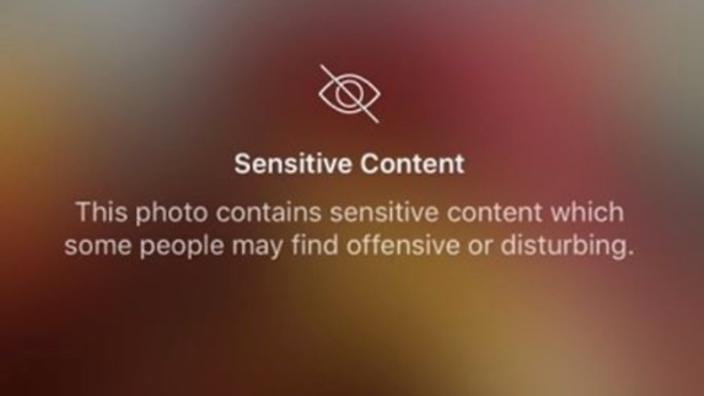
By Jordi Calvet-Bademunt and Jacob Mchangama, Vanderbilt University. Published 4-18-2024 by The Conversation
Google recently made headlines globally because its chatbot Gemini generated images of people of color instead of white people in historical settings that featured white people. Adobe Firefly’s image creation tool saw similar issues. This led some commentators to complain that AI had gone “woke.” Others suggested these issues resulted from faulty efforts to fight AI bias and better serve a global audience.
The discussions over AI’s political leanings and efforts to fight bias are important. Still, the conversation on AI ignores another crucial issue: What is the AI industry’s approach to free speech, and does it embrace international free speech standards?
Continue reading







